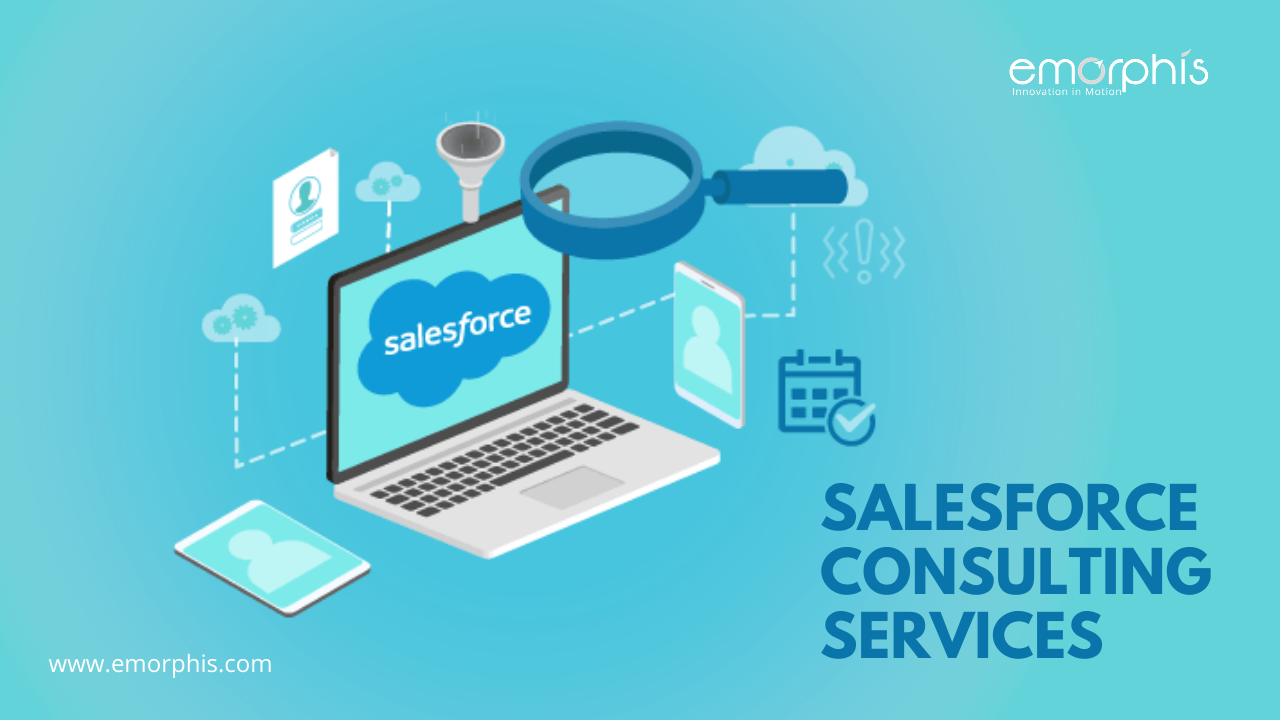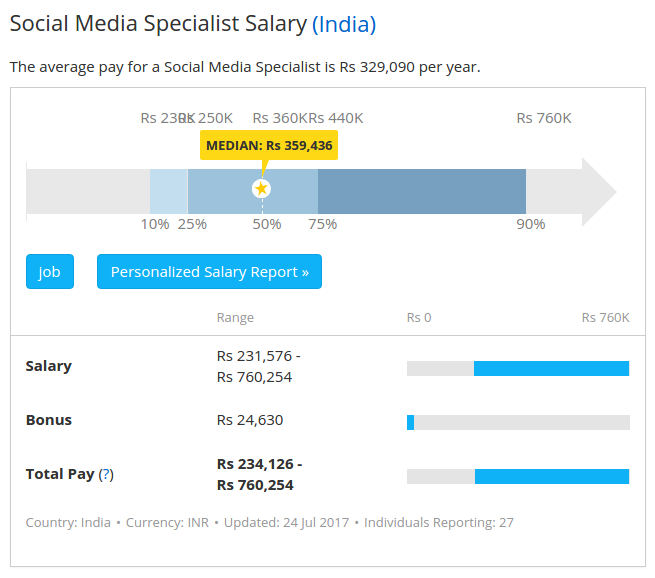
It is crucial that you understand the job description and responsibilities of a marketing manager before you hire one. This includes the job description, salary, and experience required. You will work as a marketing consultant with companies to help them develop their marketing strategy. You'll also develop marketing processes and develop KPIs, or Key Performance Indicators.
Qualifications to be a Marketing Consultant
A bachelor's degree is usually required for a marketing consultant. Consultants with five years' experience are preferred by companies. He or she should also possess strong interpersonal skills. Marketing consultants also need to be proficient in data analysis and copywriting. The consultant must be familiar with various marketing tools and communicate well with clients and employees.
Marketing consultants must be knowledgeable about both paid and organic marketing channels. Organic marketing channels are used to drive customers through search engines and earned media placements. Paid marketing channels, on the other hand, pay for visibility through paid search engine and social media. Depending on the marketing approach, a consultant may work with both organic and paid marketing.

Job description
A marketing consultant's role is to develop and implement marketing campaigns. Some consultants can be generalists and do basic marketing tasks for many industries. Others are more skilled in areas like content strategy. The job requires extensive experience in marketing. Marketing consultants should have extensive experience in their industry.
Strong knowledge of their target market is the most important skill that a marketing consultant should possess. This is done through deep industry knowledge and extensive market research. This knowledge requires experience, but also involves effective analysis of competitor information, data, and branding. A thorough analysis of customer personas is also a must. You should be able recognize patterns in customer behavior and create marketing strategies that are specific to that niche.
Salary
The salary of a marketing consultant varies significantly depending on the city in which he or she works. While New York-Manhattan's average annual salary is $74,494, in New York-Manhattan New York, it may be higher in some areas, such as $117.243. Marketing consultants are paid a base salary plus yearly incentives.
A marketing consultant's duties can include writing press releases, conducting press conferences and reviewing marketing initiatives. Some consultants work in-house only with large businesses while others work independently with start ups and nonprofit organizations. Marketing consultants usually work for marketing consulting companies. This type of job requires a minimum of a bachelor’s degree, along with extensive on the-the-job training. Higher education consultants will have better job prospects.

Experience required
You will need the right education and experience to be a successful marketing consultant. The most common educational background for a marketing consultant is a bachelor's degree in business administration with a marketing concentration. Other degree options include a master's degree in business administration, which is considered the most prestigious academic degree in the marketing industry. Some consultants choose to begin their careers with a degree in a technical field, such as engineering or science, and later move to a marketing-focused MBA program.
Marketing consultants must not only have great analytical skills but also be able and able to work with others. You may have to show leadership skills in order for them to lead a project. A key part of marketing is creativity. You need to think outside the boxes to develop a marketing strategy that suits the client's needs.
FAQ
Is consulting a real job?
Consulting isn't just a career option for those who want to earn quick money. It's also a great place to gain valuable skills and build a foundation you can use in your future work.
Consulting can offer many career opportunities, such as project management and business development. Projects could include small start-ups or large international corporations.
Consulting allows you to learn and improve your skills while also gaining experience in many industries. This could include learning to manage teams and write proposals, manage finances, analyze data, create presentations and conduct market research.
Do I need legal counsel?
Yes! Yes. Many consultants sign contracts without seeking legal advice. This can create problems down the line. For example, what happens to the contract if the client terminates it before the consultant has completed? Or, what happens if the consultant doesn't meet the deadlines set forth in the contract?
It's best to consult with a lawyer to avoid potential problems.
What should your consulting fees be?
It all depends upon what you offer. If you are offering services for free, it is not worth charging anything. If you sell products or services, however, you must set prices based upon value.
If you are offering low-quality services, you don't have much to sell. Why would anyone pay anything for you?
If you're providing high-quality services you might ask for a greater price. Because people are aware of the value you provide, they will be more willing to pay you a higher rate. You may also want to offer discounts to clients who buy multiple packages from you.
How much do consultants make?
While some consultants make $100k+ per year, most consultants only earn between $25-$50k. The average salary for a consultant is $39,000. This applies to both hourly and salaried consultants.
Salary depends upon experience, location, industry and type of contract (contractor/employee). It can also depend on whether the consultant has their own office or works remotely.
What's the difference between an advisor and a consultant?
A consultant provides advice on a topic. A consultant is able to provide solutions.
A consultant works directly with clients to help them achieve their goals. Clients are referred to advisors through books, magazines and lectures.
Can you run a business consulting from your home?
Absolutely! In fact, many consultants already do exactly this.
Many freelancers work remotely via tools such as Skype, Trello and Basecamp. Many freelancers set up their own office space to avoid missing out on company perks.
Freelancers may prefer to work in libraries or cafes rather than in traditional offices.
Some choose to work remotely because they are surrounded by their family.
Although working from home is a great option, there are some downsides. It's worth looking into if your job is fulfilling.
What is a consultant anyway?
Consultants are those who offer services to other people. This is more than a job title. You help others achieve their goals. Helping others to understand their options, and then helping them make the best decisions.
Consultants are experts in finding solutions to the problems and challenges that arise while working on projects. They also provide advice and guidance on how to implement those solutions.
Any questions you have about business, technology and finance, leadership or strategy, human resource management, customer service, customer service, or any other topic, a consultant can answer them.
Statistics
- On average, your program increases the sales team's performance by 33%. (consultingsuccess.com)
- 67% of consultants start their consulting businesses after quitting their jobs, while 33% start while they're still at their jobs. (consultingsuccess.com)
- Over 50% of consultants get their first consulting client through a referral from their network. (consultingsuccess.com)
- So, if you help your clients increase their sales by 33%, then use a word like “revolution” instead of “increase.” (consultingsuccess.com)
- WHY choose me: Why your ideal client should choose you (ex: 10 years of experience and 6-week program has helped over 20 clients boost their sales by an average of 33% in 6 months). (consultingsuccess.com)
External Links
How To
What does a typical consultant's day look like?
Depending on what type of work you do, your typical day may vary. You'll spend your time researching new ideas and meeting clients.
You will have many meetings where clients and you can discuss their issues. These meetings may be over the phone via email, on-line, or face-to–face.
Sometimes, you may be asked to create proposals. These are documents that outline your ideas and plans for clients. You will need to discuss these proposals with a mentor or colleague before you present them to clients.
After all the preparation and planning, it's time to actually create some content. You could write articles, design websites, edit photos or conduct interviews.
Based on the scope and complexity of the project you may need research to obtain relevant statistics. It may be necessary to know how many customers are currently using your products or services.
Once you have all the information needed, it is time for clients to see your findings. Your findings can be presented orally or written.
Finally, you must follow up with clients after the initial consultation. You could phone them occasionally to check on things or send an email asking them to confirm that you have received their proposal.
This is a long process that can take some time. However, it is crucial to stay focused and to maintain good relationships.